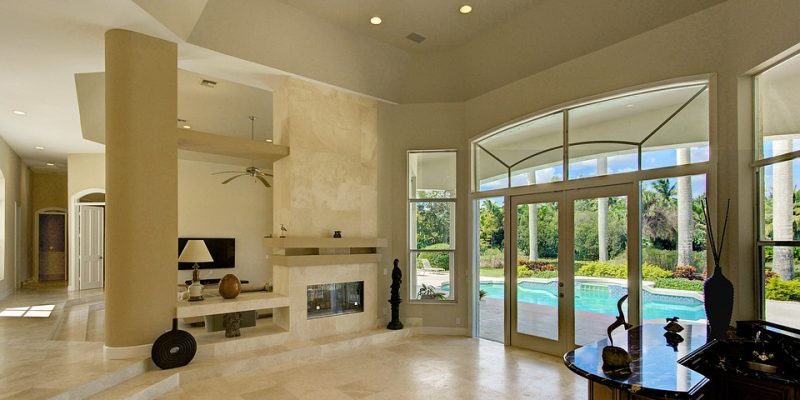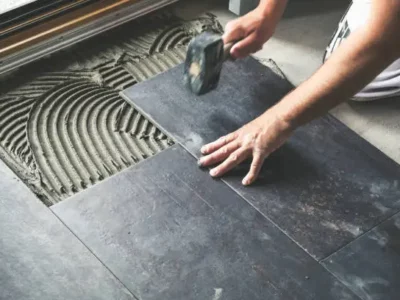Choosing to take on a massive home remodeling project is an exciting endeavor, but one that costs both time and money. To that end, learning how to build a budget for a home improvement project, whether your home is a house, condo, townhome, or something else, is an important part of the overall process.
Why is a Budget Necessary for Home Improvement?
Generally speaking, a person can expect to pay around $10-$60 per square foot when renovating their home. As you can imagine, larger home improvement projects will come with a higher price tag. Therefore, on the low end, if you are planning a home improvement for half of your 2,000 square-foot home, you can expect to pay $10,000 on the low end. This cost alone is why budgeting is necessary for a home improvement project.
What Are the Most Expensive Home Improvement Tasks?
A major part of setting your budget for home improvement is learning what the most expensive tasks are. By identifying these, and if you are doing them with your own remodel, you can allocate funds for these items first:
1. Reworking piping for appliances
Ripping out old pipes for plumbing purposes or for appliances such as in the kitchen is an expensive task. This is due to the fact that contractors will need to remove panels on the wall to access pipes and may need to go outdoors to rework the piping as well.
2. Replacing your roof or walls
Changing out the roof and walls in your home is a very expensive task that you may need to handle. Budget for this job first before all else as it will rack up one of the highest price tags.
3. Repairing extensive water damage
Finally, water damage that has been allowed to fester can cost you a large amount of money. In fact, cleaning water damage can cost as much as $3-$4 per square foot, which means even a single room of 100 square-feet that has been damaged could cost $300 on the low end.
5 Tips for Setting a Budget and Sticking to It
As you establish a budget for your home remodel or even a purchase such as seeing a condo for sale in Terrazzo, Nashville TN, it’s important to find ways to set a budget and stick to it. Use the following five tips to stick to your budget:
1. Start by outlying your “have to have” items
Any budget should have a number of necessary items factored into it. Put these “have to have” items into your budget before factoring in all of the smaller items. This will allow you to delegate enough funds into one category that will cost the most money.
2. Create a separate savings account for the home improvement months in advance
When you know that you have a major home improvement project coming on the horizon, it’s best to start saving money will in advance. Establish a separate checking account months in advance so that you don’t accidentally spend the money you have saved up for the home improvement project.
3. Get quotes from contractors ahead of time
To gain a better understanding of just how much certain home improvement tasks will cost, get quotes from contractors ahead of time. While the quote may increase or decrease when the actual project occurs, it will give you a good baseline to factor into your budget.
4. Set a maximum spending limit per item
All budgets need to have a maximum spending amount that you know you can’t exceed. By setting this amount, you can ensure that you don’t spend beyond your means. Be realistic when setting this amount, otherwise it defeats the purpose of adding it into your budget to being with.
5. Work in long-term costs such as debt repayments
Naturally, home improvement tasks are expensive and may require financing to complete. If you anticipate needing to take out a personal loan, or similar financing, in order to complete the renovation process, factor in monthly debt payments into your budget so that you know exactly how much money will be leaving your account moving forward on a monthly basis.
Design a better home today
When it comes to finishing a home improvement project, finding yourself exceeding your already stretched budget can be worrisome. Use all of the above tips to stick to your budget and ensure that you don’t accidentally throw yourself in debt trying to complete your payments.




















